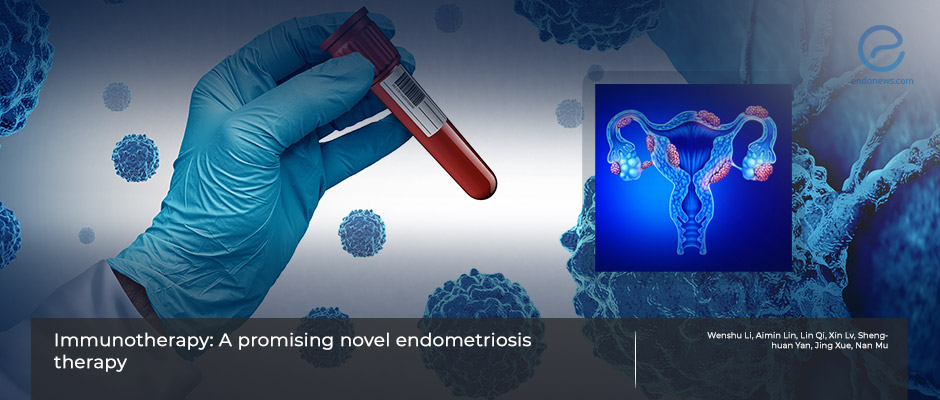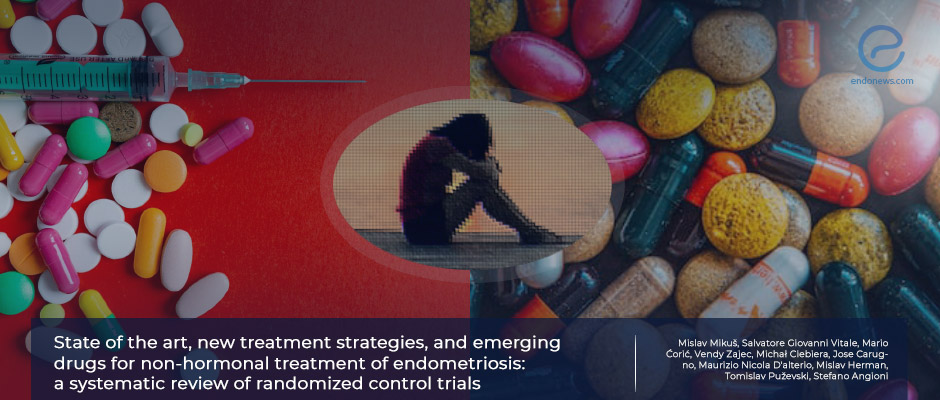Harnessing the Power of the Immune System: The Potential of Immunotherapy for Treating Endometriosis
The review article by Wenshu Li et al. discusses the potential of immunotherapy as a novel treatment for endometriosis and the potential to overcome possible side effects and recurrence rates related to conventional therapies. The article explains how immunotherapy, which…
Key Points Lay SummaryNon-hormonal medication for endometriosis-associated pelvic pain
The thought of benefiting from non-hormonal therapy in endometriosis pain is based on the pathophysiological findings that include angiogenesis, fibrosis, the presence of inflammatory cytokines and immune cells, apoptosis, and stem cell theory. But the effect of this treatment in…
Key Points Lay SummaryTherapeutic potential of ginseng based compound in preclinical models of endometriosis
Currently, the drug option for women with endometriosis mainly focus on reducing estrogens levels (e.g., progestins, androgens, gonadotropin-releasing hormone (GnRH) agonists, and aromatase inhibitors). However, these therapies can have low effectiveness with frequent recurrence and considerable side effects. Therefore, there…
Key Points Lay SummaryAdhesion molecules and endometriosis
Decoy receptor 3 (DcR3) is an immunomodulator regulated by estrogen and can regulate cell adhesion, which is a critical step in the initiation of endometriosis. In particular, the cell adhesion molecules, including ICAM-1 (intercellular adhesion molecule 1) and HCAM (homing…
Key Points Lay Summary
 By Bahar Yuksel
By Bahar Yuksel

 By Selma Oransay
By Selma Oransay

 By Yu Yu
By Yu Yu
